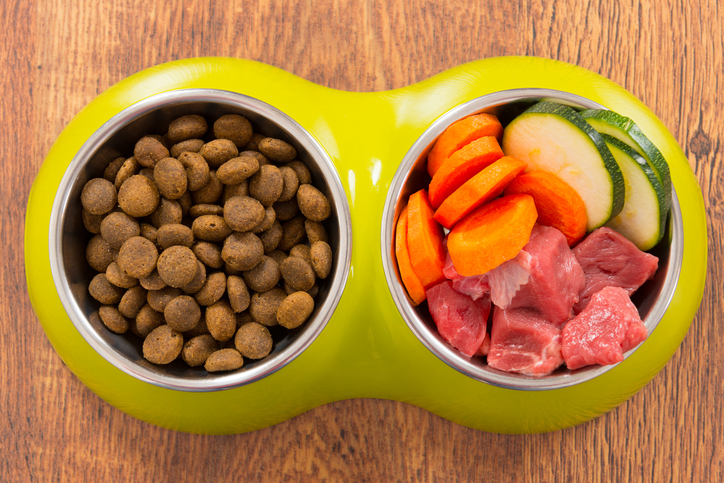Traumatic Myopathies in Cattle
- Myopathies in Ruminants and Pigs
- Infectious Myopathies in Ruminants and Pigs
- Nutritional Myopathies in Ruminants and Pigs
- Toxic Myopathies in Ruminants and Pigs
- Traumatic Myopathies in Cattle
- Genetic Myopathies in Ruminants and Pigs
Muscle Crush Syndrome of Cattle
Muscle damage commonly accompanies bovine secondary recumbency (see Bovine Secondary Recumbency). Tearing of adductor or semitendinosus/membranosus muscles may arise as animals weakened by hypocalcemia attempt to rise. Additionally, the weight of a recumbent animal on dependent muscle groups creates significant increases in intramuscular pressure, resulting in decreased perfusion and ischemia of muscle and nerve. Muscle trauma leads to edema and inflammation, both of which may exacerbate local tissue degenerative changes. Mild increases in serum CK can be expected in recumbent cows, but increases >5000 U/L usually indicate traumatic muscle damage. Treatment requires correcting the underlying cause of recumbency, fluid therapy if renal damage is evident, NSAIDs, good nursing care, adequate footing and bedding, and lifting or rolling the animal several times a day. Aquatherapy using float tanks for cattle also appears to help relieve pressure on muscle groups.
- Myopathies in Ruminants and Pigs
- Infectious Myopathies in Ruminants and Pigs
- Nutritional Myopathies in Ruminants and Pigs
- Toxic Myopathies in Ruminants and Pigs
- Traumatic Myopathies in Cattle
- Genetic Myopathies in Ruminants and Pigs




